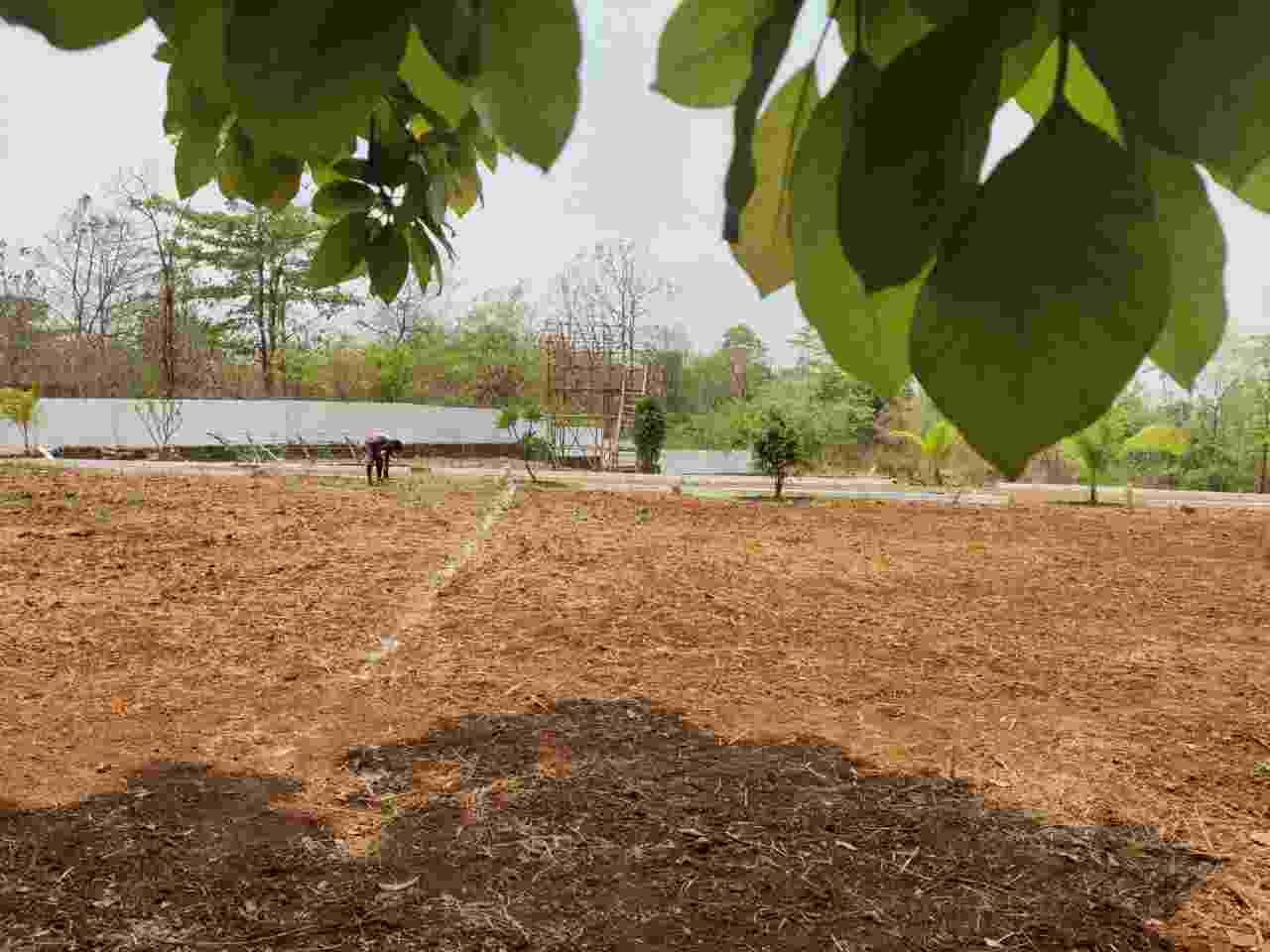Transferring property titles within families is a typical legal process in India. This can involve passing down property from one generation to the next or giving gifts after a loved one has passed away. It is essential to follow specific legal steps to complete the transfer successfully.
It is essential to know how to transfer property titles between family members. This is necessary for legal and tax reasons. This guide explains the methods, documents, and legal tips for transferring family property.

How to Transfer Property Title to Family
Property title transfers are the legal means of changing ownership from one person or entity to another. This usually happens within a family. The methods can vary based on the relationships and situations, like gifts, inheritance, or sales.
The most common ways to transfer property title are:
- Gift Deed – “Giving without money involved.”
- Will (Inheritance) – Property ownership passes to others upon the owner’s death. This occurs according to the owner’s will or the laws of inheritance.
- Sale Deed – Family members can transfer property to each other for money.
- Relinquishment Deed – This occurs when one co-owner relinquishes their share to another co-owner.
- Partition Deed – This is used to split joint family property among family members.
Each method has its own steps, costs, and tax effects. Therefore, it is crucial to select one that best suits your needs.
How to Transfer Property Title Between Family Members
When transferring property between family members like parents, siblings, or children, some critical legal tools can help:
1. Gift Deed
Gift deeds are a straightforward way to transfer property between family members without involving monetary transactions.
Steps to transfer via gift deed:
- Create a gift deed that includes all details about the property. Also, state who the donor and donee (receiver) are.
- Check that both parties and two witnesses have signed the deed.
- Register the gift deed at the Sub-Registrar’s Office.
- Pay any applicable stamp duty and registration fees. These fees are often lower for blood relatives in many states.
Advantages:
- Quick and straightforward process.
- Stamp duty on purchase deeds is usually lower.
- Once registered, documents cannot be changed. This helps lower the chances of disputes and the costs of appeals or lawsuits.
2. Will (Inheritance)
When an owner dies, their estate can be given out in two ways. It can follow their will or go through intestacy if there is no will.
Steps for inheritance transfer:
- “Collect documents from local authorities about legal heirs or succession.”
- “Apply to update property records with the names of the heirs.”
- Submit the Death Certificate, Original Property Documents, ID Proofs for Heirs and (if available) A copy of the Will (for completeness).
3. Sale Deed
If you are selling property to a family member, you need to use a deed of sale. This deed must be completed before the sale happens.
Steps for transfer via sale deed:
- Draft and sign a sale agreement first. Then, register the deed of sale.
- Pay all stamp duties and registration fees required by your state.
4. Relinquishment Deed
This occurs when one legal heir or co-owner decides to relinquish their share of the property. They transfer their share to another family member.
Steps for relinquishment:
- “Create and file a relinquishment deed at the Sub Registrar’s Office.”
- Pay the stamp duty and registration fees. These fees are usually lower for family transfers.
5. Partition Deed
An executor usually creates a partition deed when family property needs to be divided among siblings or other relatives.
Steps for partition:
- Make a partition deed that explains each family member’s share in the property division agreement.
- Register the deed at the Sub Registrar’s Office.

How to Transfer Property Title to Family – Contact Number +91-9654852919
Transfer of Ownership of Property After Death
When a property owner dies, the transfer of ownership depends on whether they left a will.
1. If There Is a Will:
- Beneficiaries listed in your will will get their share.
- Beneficiaries need to apply for probate of the will in some states.
- Submit wills, death certificates, and property documents to update municipal records.
2. If There Is No Will (Intestate Succession):
- Property distribution follows personal laws. For Hindus, Buddhists, Jains, and Sikhs, this is the Hindu Succession Act of 1956. For Christians and Parsis, it is the Indian Succession Act of 1925.
- Get a legal heir certificate. Then, visit the local municipal or revenue office to update the property’s ownership.
Required Documents for Transfer After Death:
- A death certificate was given for the person who passed away.
- Legal Heir Certificate or Succession Certificate.
- Original property documents.
- Heirs must provide identification proofs and photographs.
Transfer of Property Between Siblings
Transferring property between siblings usually happens in the following ways:
- Gift Deed: One sibling shares their part with another sibling to show kindness and care.
- Relinquishment Deed: One sibling gives up their share of any inheritance or property they own with other siblings.
- Partition Deed: Siblings share property equally, with each sibling receiving their respective share of the property.
Tax Benefits: Gifts between siblings are exempt from gift tax. However, stamp duty may still apply based on state laws.
Transfer of Property from Father to Son
Transferring property between fathers and sons is common in India. It can happen in different ways:
1. Gift Deed:
A gift deed lets fathers give property to their sons while they are still alive.
2. Will:
A father can use a will to leave property to his son when he dies.
3. Sale Deed:
If a father wants to sell property to his son, he must create an official sale deed. This deed should include all stamp duty and registration fees.
Required Documents:
- Original Property Deed.
- Both parties need Aadhaar and PAN cards.
- Gift Deed, Sale Deed, or Will Document.
- Passport-sized photos.

Key Steps for All Types of Property Transfer
- Choose the Transfer Method: (Gift deed, will, sale, etc.)
- Draft the Deed: “Get help from an experienced lawyer.”
- Stamp Duty & Registration: Pay the required fees as stated by state laws.
- Mutation of Property: Update all city and revenue records to show the new owner.
- Pay Outstanding Dues: Before the transfer, ensure that all property taxes, utility bills, and outstanding loans are paid.
Documents Required for Property Transfer
- Original property title deed.
- Identification documents like Aadhaar or PAN.
- Proof of relationship can include a birth certificate or a marriage license.
- “Death certificate (if needed).”
- A gift deed, will, sale deed, or partition deed is a legal document. It is used for various purposes, such as gifting, selling, or dividing property.
- Photos should include passport-sized pictures of both people involved.
- Utility Bills and Property Tax Receipts.
Tax and Stamp Duty Implications
- Gift Tax: Gifts given between family members, like parents, children, spouses, and siblings, do not count as income. This provision is outlined in Section 56(2) of the Income Tax Act, 1961.
- Stamp Duty: Most states offer lower transfer fees for blood relatives.
- Capital Gains Tax: If the property is sold instead of given as a gift, extra taxes may apply.
Important Legal Tips
- “Go to your local Sub Registrar’s Office to register the transfer deed.”
- Consult a property lawyer early to avoid potential problems later on.
- Keep all receipts, certificates, and acknowledgements in a safe and easily accessible location.
- Ensure the property has no legal restrictions or obligations before transferring it.
✅ FAQ Section – How to Transfer Property Title to Family
Q1. What is the easiest way to transfer property to a family member?
Gift deeds offer a straightforward and tax-efficient method for transferring property between family members.
Q2. Is stamp duty required when transferring property to family members?
Yes, most states have lower stamp duty rates for transfers between family members.
Q3. How do I transfer property ownership after the owner’s death?
Your probate documents will include the death certificate, legal heir certificate, and mutation records in their name.
Q4. Can siblings transfer property to each other without paying gift tax?
Yes, gifts to siblings do not count as income under Section 56(2) of the Income Tax Act. However, you may still need to pay stamp duty.
Q5. What documents are needed to transfer property from father to son?
To prove this, you need the property title deed. You also need the gift or sale deed. Both parties must provide ID proofs. Lastly, include documents that show the relationship between the parties.
Final Thoughts – How to Transfer Property Title to Family
Transferring property ownership between family members in India can be easy if you follow the proper legal steps. You need to collect all the essential documents. Choosing the correct method, like a gift deed, will or partition deed, can save you time and money. It can also help prevent legal problems in the future.
Property transfers between family members often get tax breaks and lower stamp duties. This makes the process more cost-effective, and less likely to lead to disputes. To make the transfer easier, it is smart to get legal advice. Register the transfer with local records. Also update ownership documents regularly in the local databases. This helps keep the information accurate and current.





Join The Discussion